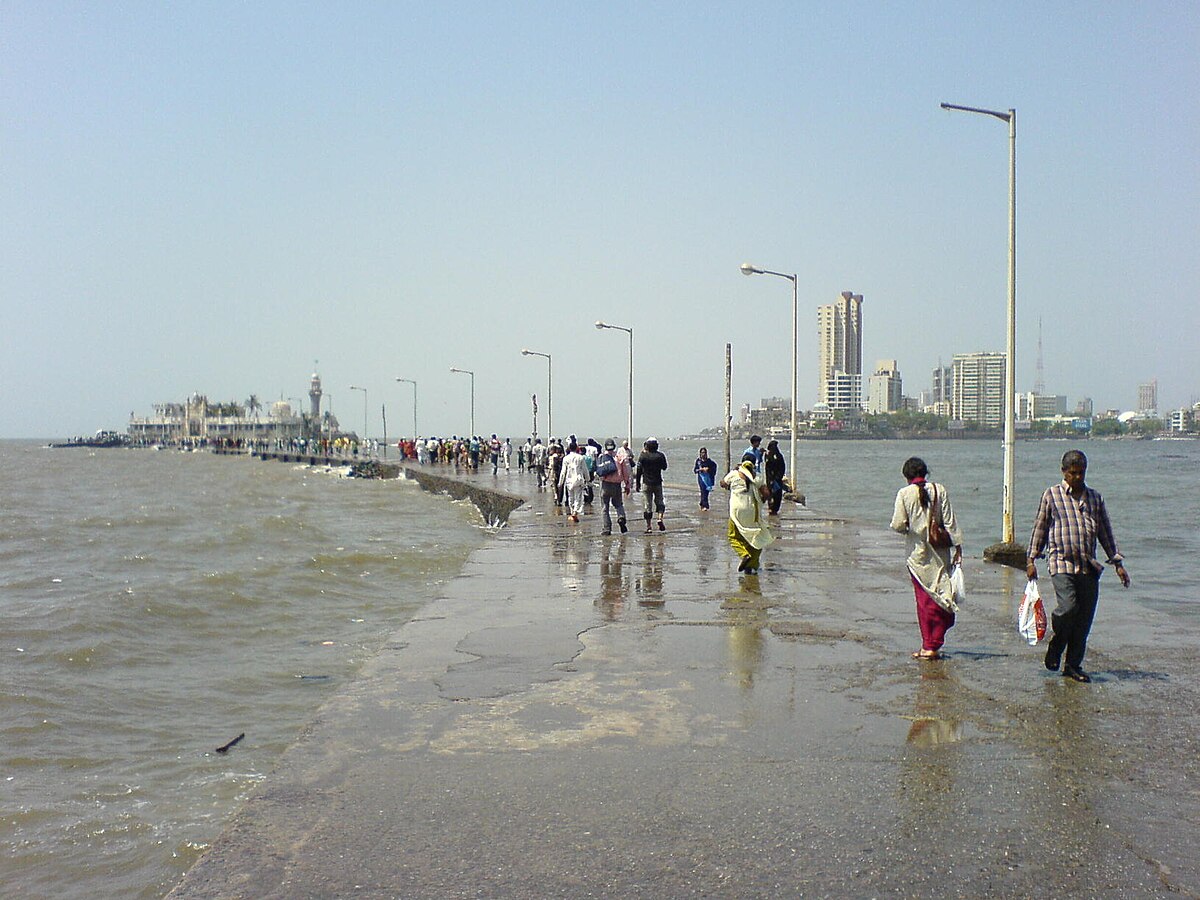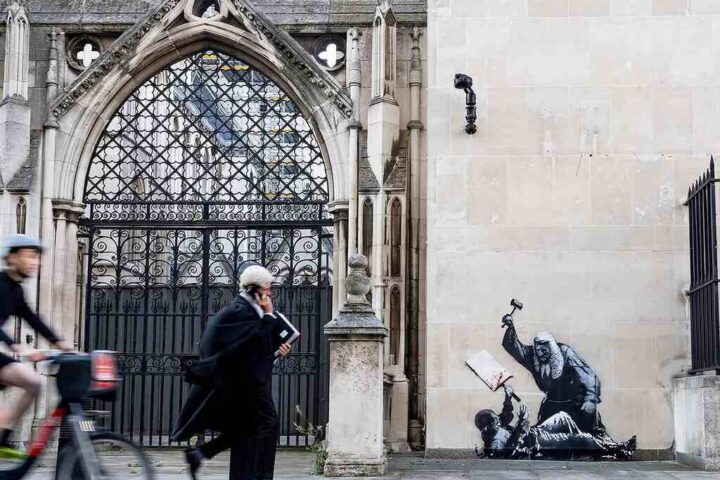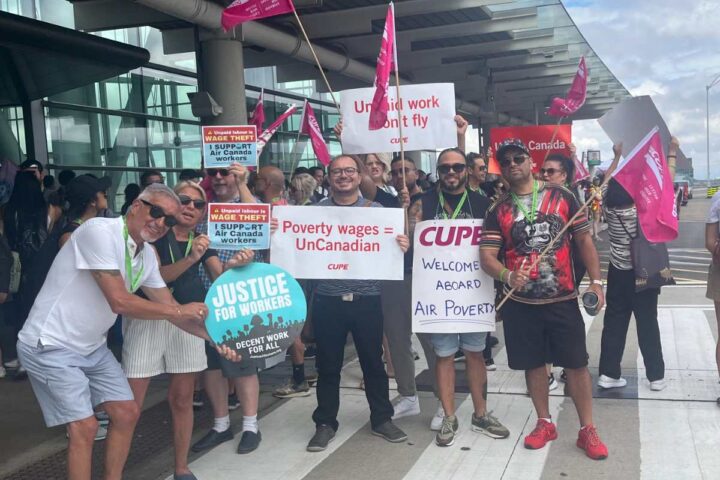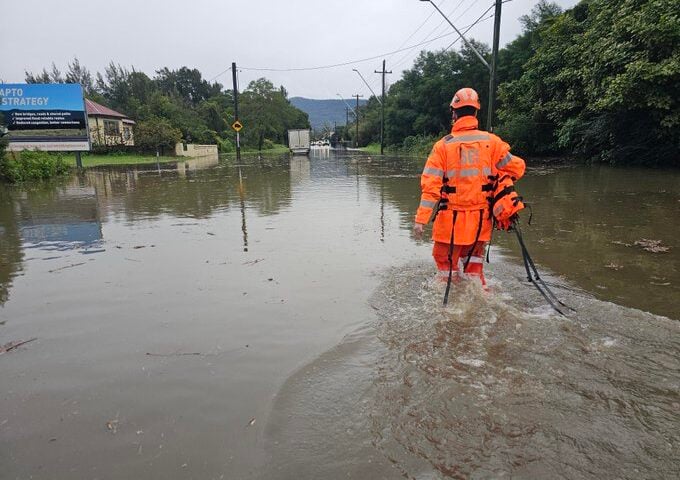United Nations Secretary-General António Guterres has issued a stark warning regarding the accelerating rise in sea levels, particularly in vulnerable regions like the Pacific Islands. Speaking from Tonga during the 53rd Pacific Islands Leaders Forum, Guterres underscored the threat posed by the melting of Greenland and West Antarctica, which could raise global sea levels by one metre. Such a rise would endanger cities like Los Angeles, Lagos, and major Asian megacities such as Shanghai, Mumbai, and Dhaka.
Accelerating Sea-Level Rise and Its Global Impact
The World Meteorological Organization (WMO) has reported that the rate of sea level rise is now the fastest it has been in the past 3,000 years, largely driven by greenhouse gas emissions. Guterres pointed out that the oceans have absorbed more than 90% of global warming over the past 50 years. This absorption has caused water to expand as it heats up, contributing to rising sea levels. The Pacific Islands, with average elevations just one to two metres above sea level, are particularly exposed, with some areas experiencing sea level rises double the global average.
This unprecedented rise in sea level is already having severe consequences. The fishing industry is being devastated, crops are failing, and drinking water is becoming contaminated. According to Guterres, these effects are most visible in the small islands of the Pacific, where ocean “overflow” presents an existential threat, but they will eventually impact nearly one billion people living in coastal megacities worldwide.
Marine Heatwaves and Ocean Acidification: The Hidden Climate Threat
Guterres also warned about other climate-related changes affecting the oceans, including intensifying marine heatwaves and rising ocean acidification. These phenomena have doubled in frequency since the 1980s and are expected to worsen, causing significant damage to aquatic ecosystems and the global blue economy. Coastal flooding is also becoming more frequent, with some Pacific regions seeing dramatic increases in such events. For example, coastal flooding in Guam has surged from occurring twice a year to 22 times annually since 1980.
Pacific Islands on the Frontline of Climate Change
The Pacific Islands are at the forefront of the climate crisis, with many nations facing the threat of becoming uninhabitable due to rising seas. Pacific Island nations, which contribute almost nothing to the emissions driving climate change, are particularly vulnerable because 90% of their populations live within five kilometres of the coast. Infrastructure, too, is at risk, with about half of it located within 500 metres of the shoreline.
Since 1990, sea levels around Tonga’s capital Nuku’alofa have risen by 21 centimetres, a rate twice the global average. From 2009 to 2019, Samoa experienced a sea level rise of 30–40 cm, following the earthquake in 2009. If emissions are not drastically reduced, the region could experience an additional 15 centimetres of sea level rise by mid-century.
Similar Posts
Economic Devastation from Rising Seas
The economic implications of rising sea levels are vast. Without immediate action, the damage to coastal cities, agriculture, and infrastructure could run into the trillions of dollars. A 2.5-degree Celsius increase in global temperatures could lead to a significant increase in the frequency of extreme weather events, including coastal flooding, which could occur up to once every five years by the end of the century.
Urgent Global Action Required to Mitigate Catastrophe
Guterres emphasised that limiting global temperature increases to 1.5 degrees Celsius, in line with the Paris Agreement, is the only way to prevent the irreversible collapse of the Greenland and West Antarctic ice sheets. This would require cutting current global emissions by 43% by 2030 compared to 2019 levels and by 60% by 2035.
He specifically called on the G20 nations, which are responsible for 80% of global greenhouse gas emissions, to take the lead in climate action. These countries must deliver on their promises made at COP28 to triple renewable energy capacity, double energy efficiency, and end deforestation by 2030. Additionally, they must increase global climate adaptation funding to $40 billion by 2025 to help vulnerable regions cope with the impacts of climate change.
Conclusion: The Climate Crisis and Our Shared Future
In his closing remarks, Guterres delivered a sobering warning: “The climate crisis is swelling to an almost unimaginable scale, with no lifeboat to take us to safety.” He emphasised that the world must act now, and saving the Pacific is tantamount to saving ourselves. The Pacific Islands, although small in size, are the canary in the coal mine for the broader global impacts of climate change.
By addressing the urgent need for emissions reductions, as well as enhanced global cooperation, Guterres’ speech serves as a rallying cry for immediate action to mitigate the worst impacts of climate change and to safeguard the future of vulnerable regions and the world at large.
Key Takeaways:
- Sea level rise is accelerating faster than ever, threatening coastal cities and islands worldwide.
- The Pacific Islands are especially vulnerable due to their low elevations and proximity to the ocean.
- Limiting global warming to 1.5°C is crucial to avoid irreversible damage to ice sheets and sea levels.
- G20 nations, as the biggest emitters, must lead the charge in cutting emissions and boosting renewable energy.

















